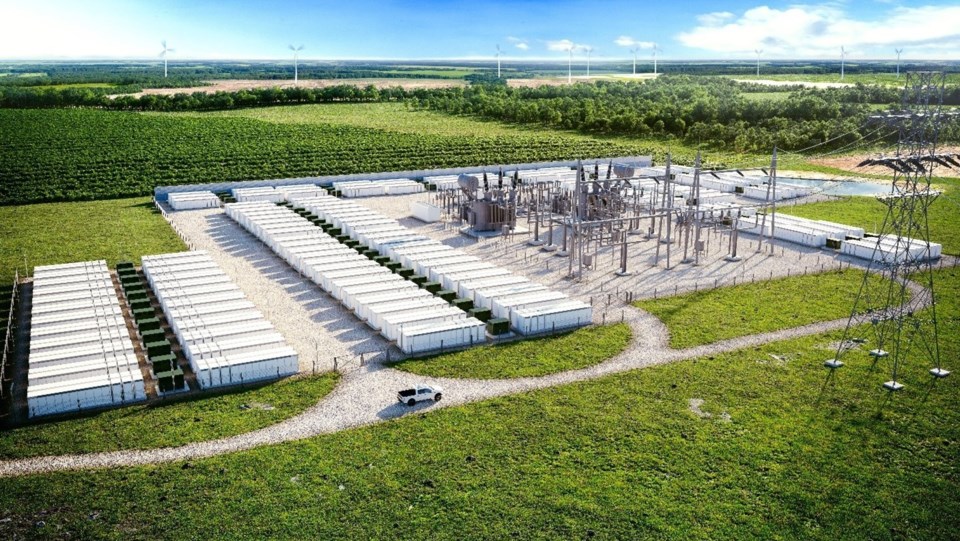The Shuniah council in Ontario, Canada, has decided not to support applications for new power plants at this time. The council’s recent vote reflects ongoing concerns regarding the environmental and community impact of such developments. Although the applications were turned down, the council’s Chief Administrative Officer (CAO), Mark Leduc, stated that the decision “leaves the door open for future proposals.”
This decision follows a series of consultations with community members and stakeholders who expressed significant reservations about the potential effects of new power generation facilities. The council’s deliberation took place during a public meeting held on October 16, 2023, where various opinions were shared regarding the implications of increased energy production in the area.
Community Concerns Influence Decision
Residents voiced worries about potential disruptions to local ecosystems and the overall quality of life. Many community members emphasized the need for sustainable energy solutions that would not compromise the natural environment. During the meeting, several speakers highlighted that the current energy infrastructure should be prioritized for upgrades rather than introducing new plants.
Moreover, the council had previously received reports indicating that the region’s energy needs could be met through alternative methods. The emphasis on renewable energy sources was a significant factor in the council’s deliberations. Energy experts and environmental advocates have long argued for a transition towards less invasive and more sustainable energy solutions.
Future Possibilities for Energy Development
Despite the current rejection of power plant applications, Mark Leduc underscored that the council remains open to future proposals that align with community interests and environmental standards. He noted that any subsequent proposals would be thoroughly evaluated against the backdrop of public sentiment and ecological impact.
The Shuniah council’s decision is part of a broader trend in Ontario and across Canada, where local governments are increasingly scrutinizing energy projects. As communities seek to balance energy demands with environmental stewardship, the path forward for power generation remains a contentious issue.
As discussions continue, local government officials are expected to explore alternative energy solutions that could mitigate the concerns raised by residents. The council plans to engage further with the community to foster a collaborative approach towards future energy initiatives.
The outcome of this decision reflects a growing awareness among local councils of the need to prioritize environmental sustainability while addressing the energy demands of their communities. As the situation evolves, Shuniah’s approach may serve as a model for other regions facing similar challenges in energy development.







